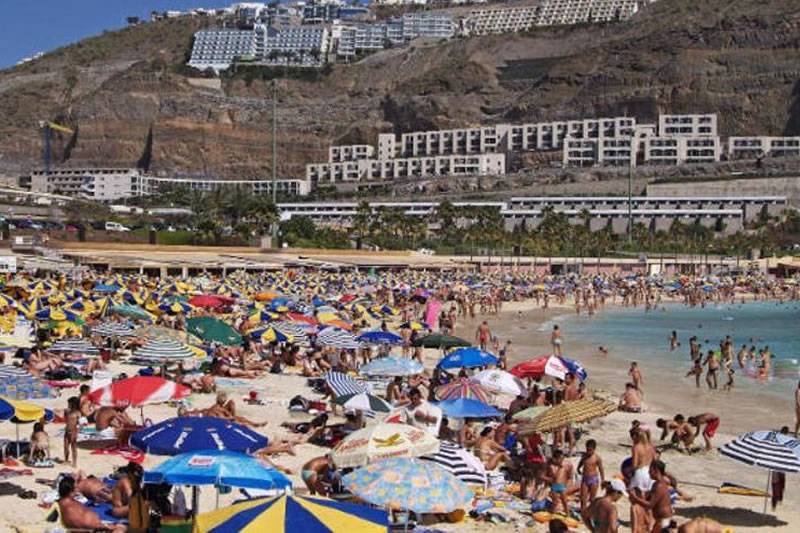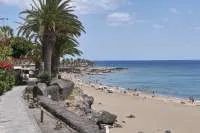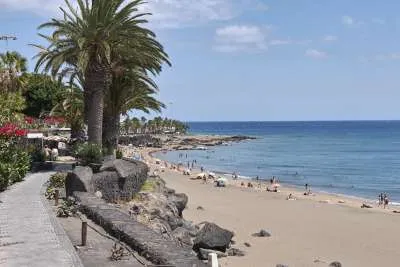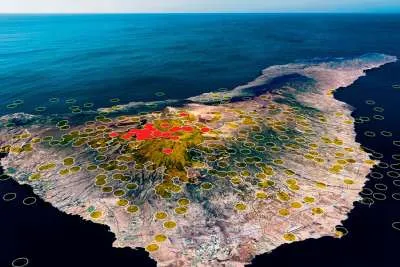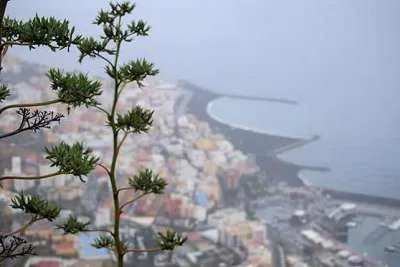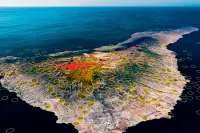Understanding the surge in Canary Islands' summer tourism
- 07-05-2025
- National
- collaborative post
- Photo Credit: Stock image / Pexels
The Canary Islands are poised to experience a dramatic increase in tourism, setting the stage for what could be a record-breaking summer. Known for their stunning landscapes and vibrant culture, the islands have become a beacon for tourists seeking both relaxation and adventure, with attractions like the Best Solana Casinos enhancing their diverse offerings.
In 2024, the islands welcomed nearly 18 million visitors, with spending soaring to €22 billion. This surge can be attributed to increased international flights and a broadening market appeal, attracting a diverse array of visitors from around the globe.
However, beneath this burgeoning tourism industry lie challenges that must be addressed to ensure sustainable growth. Local communities are feeling the pressures of overtourism, leading to protests demanding a more balanced and sustainable approach. With tourism contributing significantly to the region's GDP, ensuring that the economic benefits are shared equitably among local communities is essential for maintaining a harmonious environment.
Geopolitical and environmental concerns
While the booming tourism industry provides substantial economic benefits, it also raises geopolitical and environmental concerns. The rapid influx of tourists strains the Canary Islands' natural resources, prompting local communities to voice their discontent.
Environmental advocates emphasise the importance of sustainable tourism practices to preserve the islands' natural beauty while accommodating the rising number of visitors. This balance is crucial, as overtourism can lead to environmental degradation and diminish the quality of life for residents.
The call for sustainable development echoes not only through the islands but also in broader discussions with policymakers focused on environmental conservation and reducing the islands' carbon footprint. Moreover, initiatives that promote high-value, low-impact tourism models are gaining traction, aiming to protect both the environment and the islands' unique cultural heritage.
Economic impacts and sustainability in tourism
Tourism is undeniably a driving force in the Canary Islands' economy, contributing significantly to the GDP. However, there is a caveat; the region's heavy reliance on tourism poses risks related to job market saturation and infrastructure wear.
To mitigate these effects, a shift towards more sustainable tourism practices is essential. This includes fostering collaborations with EU tourism policymakers and expanding infrastructure for digital nomads to reduce pressure during peak seasons. Additionally, the focus on enhancing sustainability goes hand-in-hand with addressing local needs.
By integrating sustainable practices, the Canary Islands can ensure that tourism not only continues to thrive but does so in a manner that supports the well-being of both visitors and residents alike. Monitoring efforts by institutions such as the Tourism Observatory of the Canary Islands can provide data-driven insights into managing these challenges effectively.
Visitor demographics and behaviour
The visitor demographics on the Canary Islands are evolving, with a preference emerging for tourists who seek high-spending, sustainable experiences. The islands attract both international and domestic tourists who contribute to the dynamic tourism landscape.
As preferences shift towards mindful tourism, the market is increasingly catering to those who value sustainability and cultural immersion. This trend is reflected in accommodation types and spending habits, which show a growing inclination towards eco-friendly options and authentic local experiences.
Understanding these behaviours is crucial for stakeholders in the tourism industry to adapt their offerings to meet the changing demands, ensuring the attraction remains competitive yet sustainable. As this market segment grows, it becomes pivotal in shaping the future of tourism on the islands.
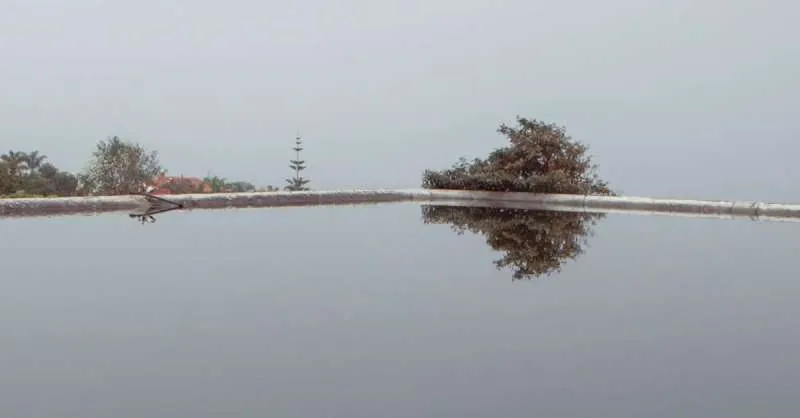
Other articles that may interest you...
Trending
Most Read Articles
Featured Videos
TributoFest: Michael Buble promo 14.02.2026
- 30-01-2026
TEAs 2025 Highlights
- 17-11-2025


